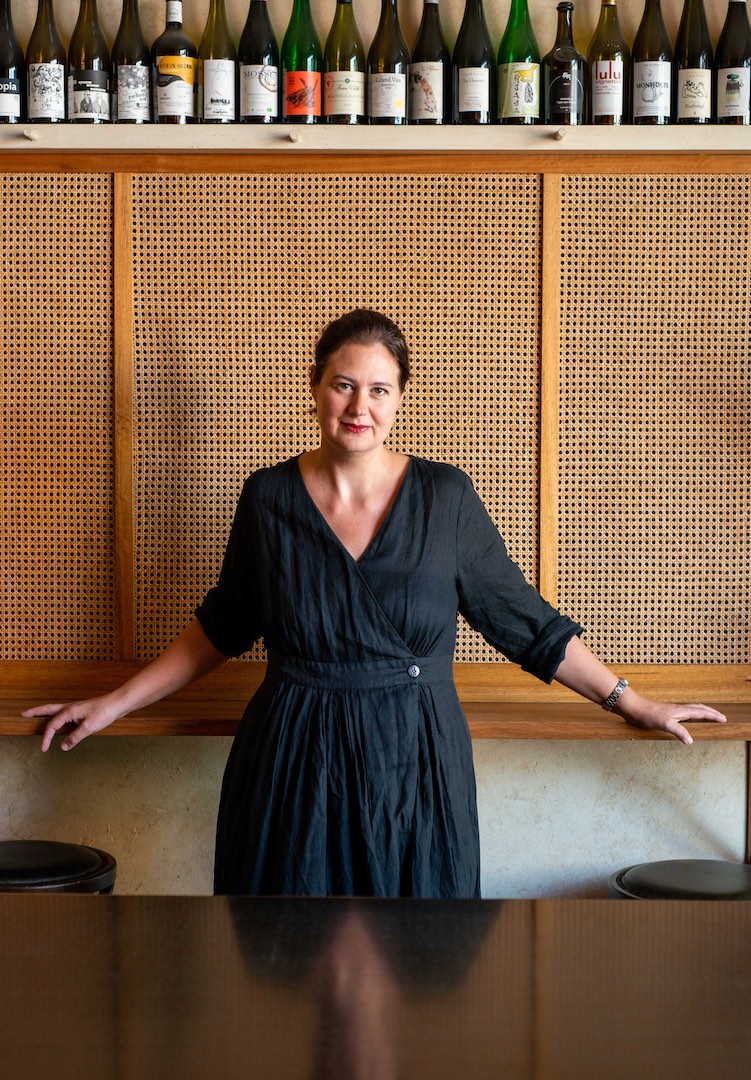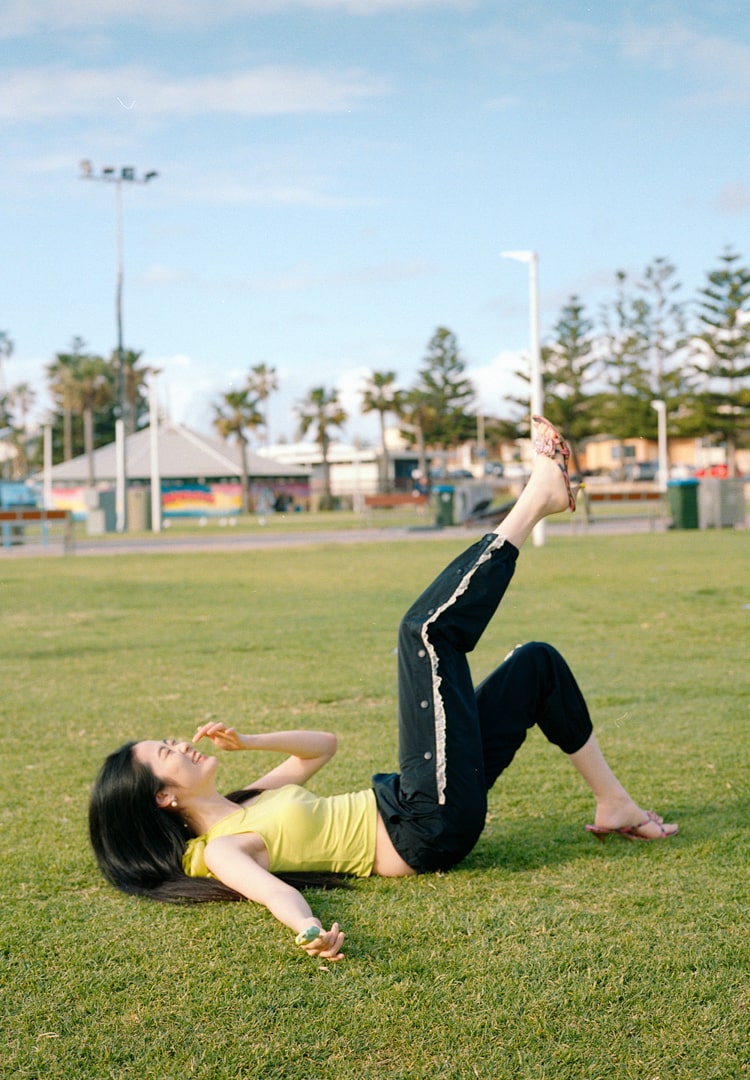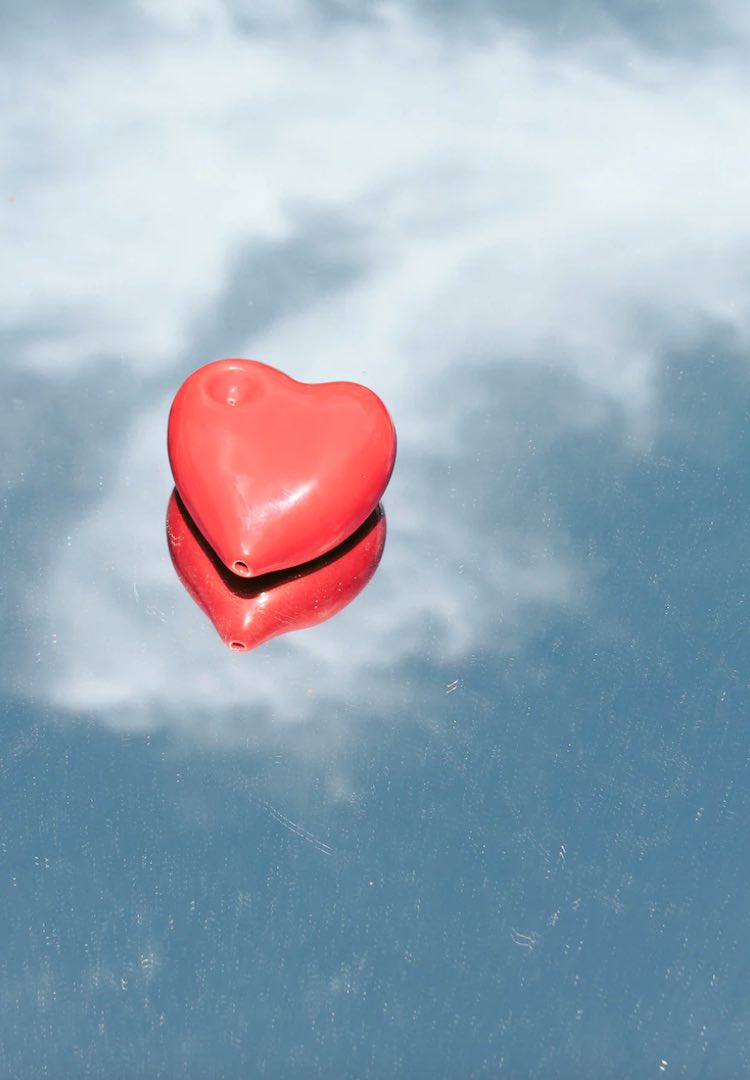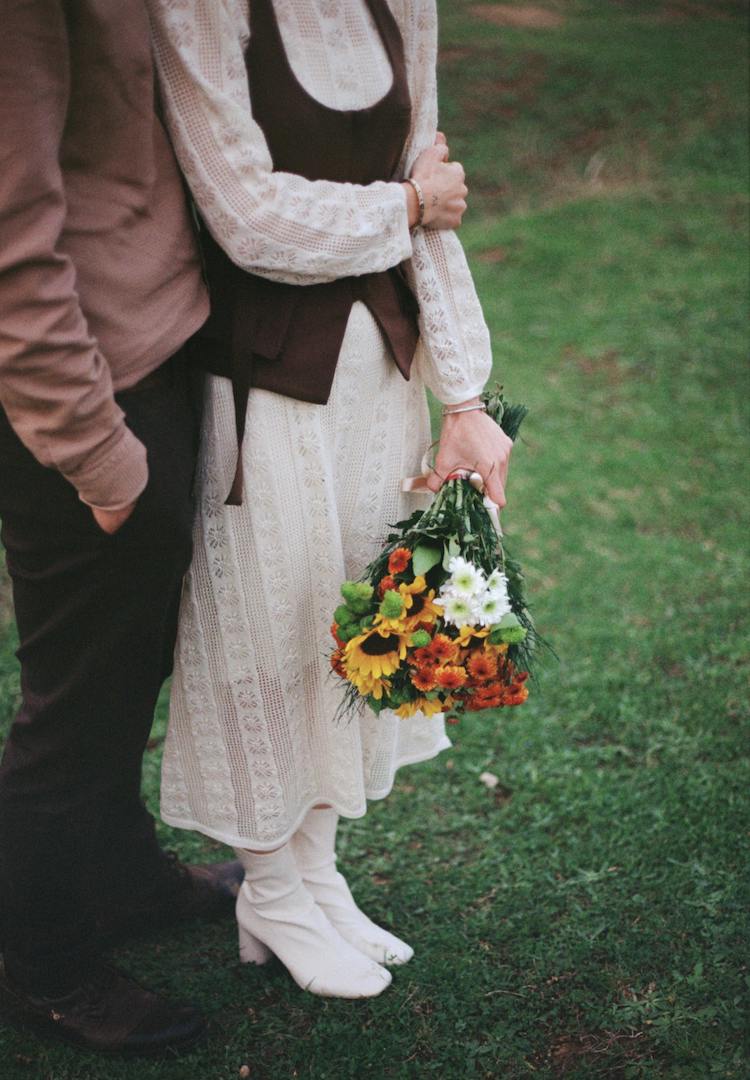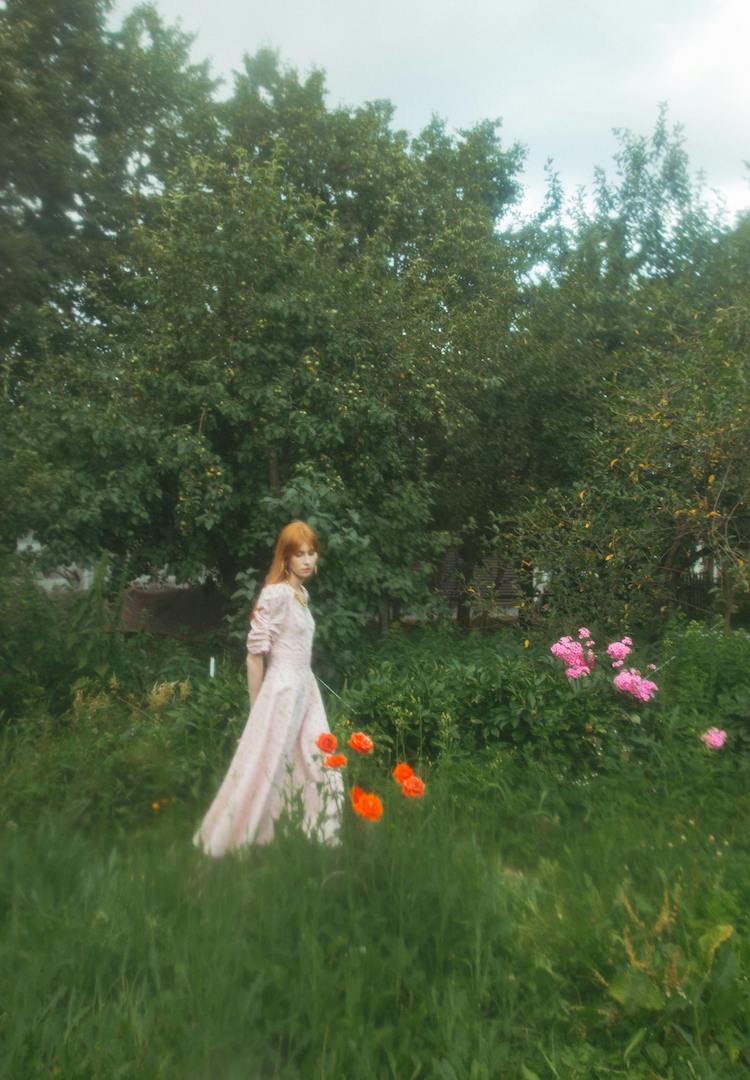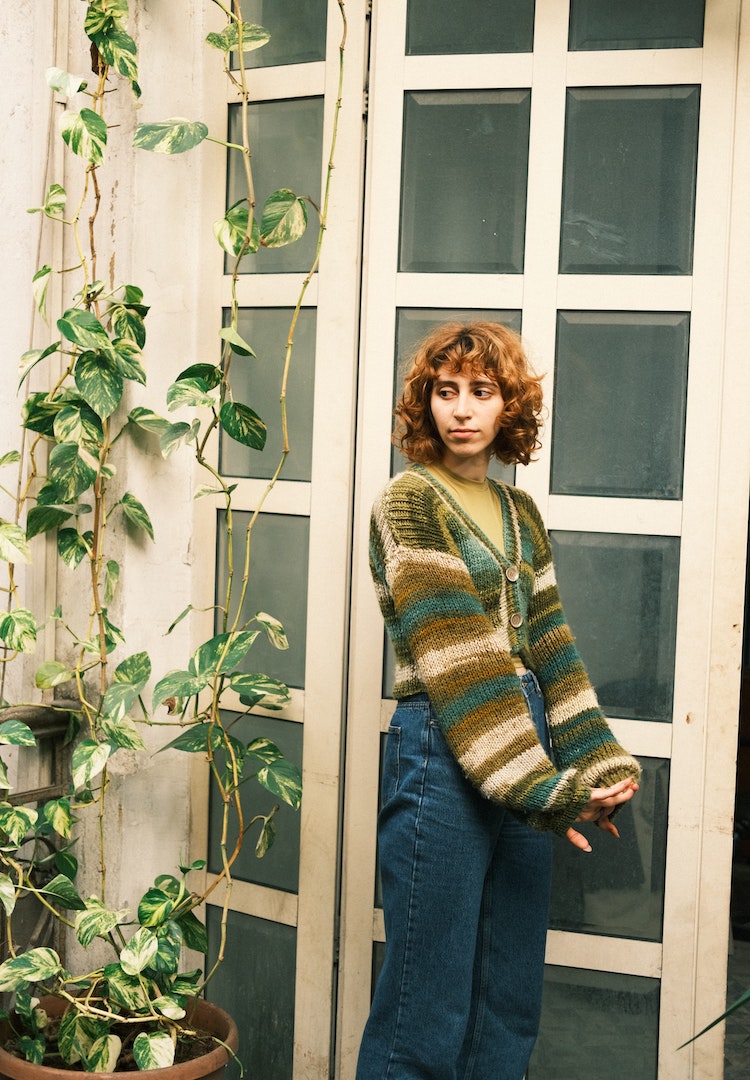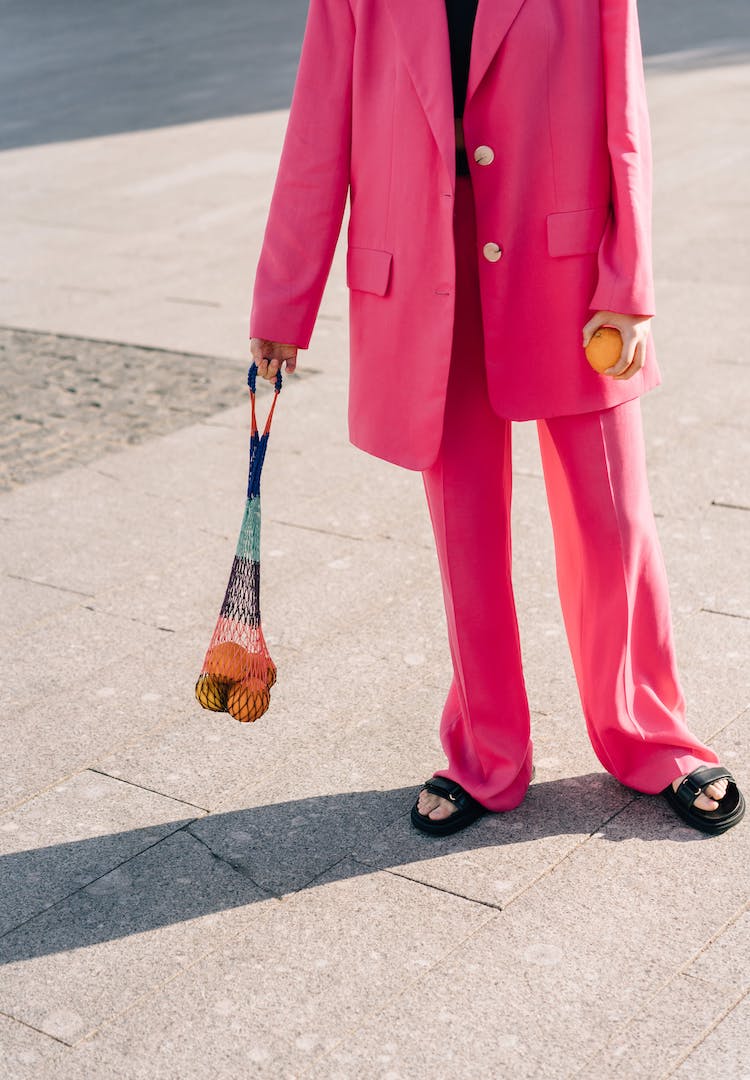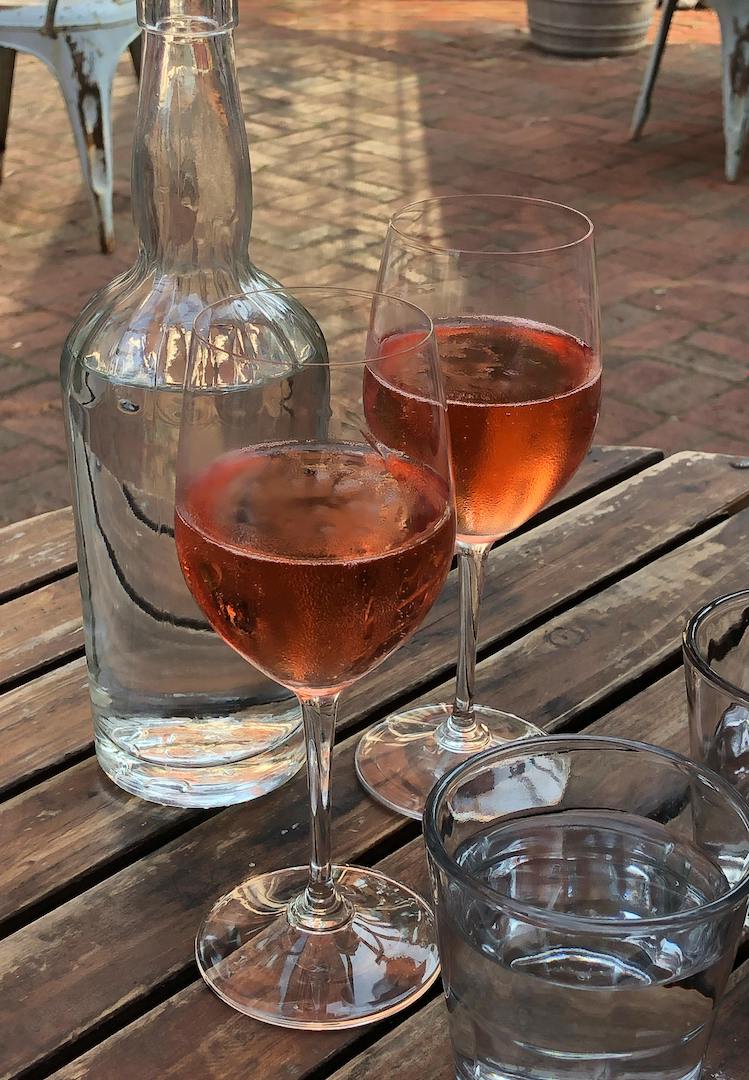Is spontaneous play what our adult friendships are missing?
PHOTOGRAPHY BY CLAUDIA FISCHER
WORDS BY BRONTE WINNEM
“In adulthood, it feels like hanging out with your friends is always a scheduled and timed event. Gone are the days of two-night sleepovers without a preset agenda.”
There comes a time in your twenties when you begin to reminisce on your past (ahem, quarter-life crisis). After spending so much of my youth wishing and willing myself into adulthood, I’ve started to get nostalgic about the delight, lightness, and hope that I approached life with throughout childhood and well into my teens.
I have vivid memories of me at age five thinking if I just believed hard enough, I could fly from one side of my room to the other. At nine, I recall sitting crosslegged at the end of my bed thinking that if I was bold enough to ask, there was a real chance God would turn me and my two friends, Nikki and Maddy, into mermaids like the ones in H2O: Just Add Water (I reluctantly agreed to be Emma).
For more content like this, tap through to our Life section.
When I was 16, I spent the moments before drifting off to sleep filled with feverish excitement, fantasising about what it would be like to drive a car, go to university, live in a sharehouse, hike the Swiss Alps and become a ‘real’ adult – preferably with a dog and a boyfriend at 25.
We can learn so much from our former selves about dreaming big, staying hopeful, embracing mistakes, daring to try new things, and just generally having more fun. But perhaps the greatest lesson of all can come from understanding the way we used to conduct and engage in friendships.
In adulthood, it feels like hanging out with your friends is always a scheduled and timed event. Gone are the days of two-night sleepovers without a preset agenda. Now, we’re marking hangout times in our calendars weeks in advance, just to catch up over a coffee, or if we’re lucky, spend half of the night with one another over a chilled red and pasta to share.
Generally speaking, when we do find the time to see each other, we also have a clear understanding of what to anticipate in the company of our adult friends. Our dinner parties, group gatherings, piss-ups and coffee dates are all so familiar. It’s not often we will organise a hang-out that involves using imagination.
The case for play
What made our childhood friendships so rich and so fun, was our willingness to waste time together through play. But what does play look like when you’re a fully-fledged adult? Dr Stuart Brown, a doctor, psychiatrist, clinical researcher and Founder of the US National Institute for Play defines play as a “state of mind that one has when absorbed in an activity that provides enjoyment and a suspension of time”.
So really, anything you do recreationally that excites you or brings you joy falls under the umbrella of ‘play’. Whether it’s a form of physical activity or something arty, there are ways to creatively incorporate your play personality into your adult friendships. It may sound a little juvenile (hello, that’s the whole point!) but some of the most fun I’ve had in my adult friendships is doing something out of the ordinary.
Last summer, on a trip down the coast, my uni friends and I started coming up with ways our friend Dan could jump into the pool. The categories included: getting bad news at work, breaking up with someone and asking for the bill. We were in stitches. It was so silly. It was playful. Equally, it’s become a habit on some nights out for us to bring a deck of cards with us to a pub or to put our phones away and whip out The Weekly Quiz.
My personal favourite is when we assign each other roles in niche categories or made-up scenarios. For example – what kind of spice is everyone and why? If we were all living in a village 2,000 years ago, what jobs would we have? What piece of fruit is everyone? (I’ve done all of these. FYI – cayenne pepper, which felt like a read, village witch which seemed fair, and a mango?)
When we engage in play like this, it allows us to create unique ‘cultures’ with one another. Friendship culture can be comprised of nicknames, personal jokes, secret languages, code names for boys we like and code names for boys we don’t like.
Memories are made in this space, and shared memories create stronger friendships. The same friend who I wished would turn into a mermaid alongside me, Nikki, still calls a boy I had a crush on in year nine ‘leaf man’ because he was standing under a tree on this particular day we were ogling at him. This stuff sticks with us.
It’s also seriously good for you in more ways than one. There’s a tonne of research around how crucial play is for our physical and mental well-being. It helps to relieve and reduce stress through the release of endorphins, improve brain function and mood and enhance your sense of humour.
I want to add here that it would be naive of me to not mention that obviously, adulthood comes with many more stressors than childhood. You don’t have to look far. There’s the current cost-of-living crisis, our demanding nine-to-fives, climate anxiety, bills, personal life issues and socioeconomic factors, among many others.
These all impact our ability to fully engage in friendships, let alone the world. But I think there’s something to be said about looking to re-engage with spontaneous play and be more creative with how we spend time together. You may not start believing you can fly again, but it could bring a new sense of closeness to your friendships.
For more advice on play in adulthood, head here.

